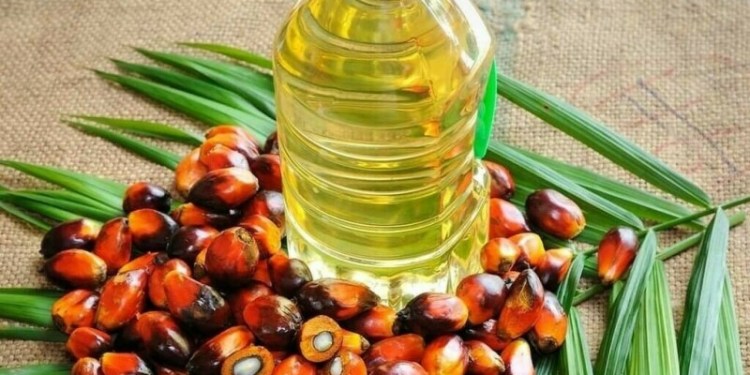By Simon Falush
LONDON (Reuters) – Oil rose above $ 42 a barrel on Friday, hitting its highest this year and extending a rally into a fourth week on expectations of a production freeze by major exporters, stronger seasonal demand and dollar weakness.
Brent crude’s front-month contract was up 77 cents at $ 42.31 a barrel by 1239 GMT, having touched a 2016 high of $ 42.40.
U.S. crude gained 84 cents to $ 41.04 a barrel after rising as high as $ 41.13. The benchmark had jumped by 4.5 percent to close the previous session at $ 40.20.
Oil prices have surged by more than 50 percent from 12-year lows reached in December, bolstered as the Organization of the Petroleum Exporting Countries (OPEC) floated the idea of a production freeze, boosting Brent from about $ 27 and U.S. crude from around $ 26.
Many analysts think there is still steam in the rally.
“We are leaving the period of low demand and starting to move toward the period when demand increases over the summer,” said Olivier Jakob, oil market analyst at Petromatrix at Zug in Switzerland.
He added that the massive oil glut that had helped to hammer prices last year at last appears to be stabilising.
“We’re moving towards looking at an old surplus, rather than a new one being built up,” he said, adding that it is likely that Brent will stabilise around the mid-$ 40s.
Crude inventories in the United States increased by 1.3 million barrels in the week to March 11, to a record high of 523.2 million barrels, though that was a much smaller build than the 3.4 million barrels expected by analysts, the Energy Information Administration said on Wednesday [EIA/S].
Analysts said that dollar weakness was also lifting oil.
The dollar index is down 3.2 percent so far this month. A weaker dollar makes oil, which is priced in the U.S. currency, more affordable to holders of other currencies.
U.S. oil is heading for a fifth week of gains, while Brent is on course for a fourth weekly increase, the longest rising streak in about a year for both benchmarks. Oil is already up 17.5 percent in March, its strongest monthly gain since last April.
OPEC kingpin Saudi Arabia and non-OPEC producers led by Russia will meet on April 17 in the Qatar capital Doha in an effort to agree the first global supply deal in 15 years.
(Additional reporting by Aaron Sheldrick in Tokyo; Editing by David Goodman)


























